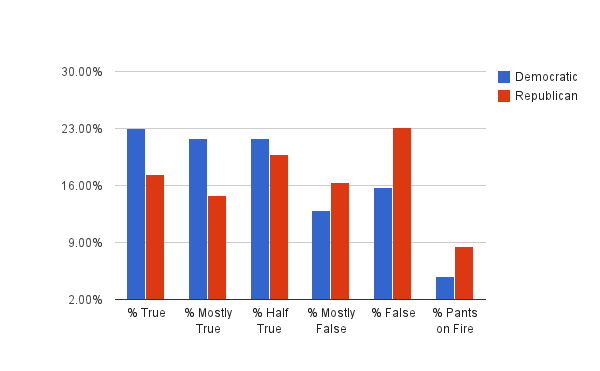Hookers and Blow and Trimmed Sideburns
Somehow, by pinballing over the Internet, I ran across a post entitled Sexual Immorality and Five Other Reasons People Reject Christianity. It’s a rather odd list; if I were to make a Top Six list of why people turn away from Christianity and become atheists, it’d look very different from this.
At any rate, the last reason he cites is:
Now for the big one. Of all the motivations and reasons for skepticism that I encounter, immorality is easily the most common. In particular, sexual sin seems to be the largest single factor driving disbelief in our culture. Brant Hanson calls sex “The Big But” because he so often hears this from unbelievers: “’I like Jesus, BUT…’ and the ‘but’ is usually followed, one way or the other, with an objection about the Bible and… sex. People think something’s deeply messed-up with a belief system that says two consenting, unmarried adults should refrain from sex.” In other words, people simply do not want to follow the Christian teaching that sexual intercourse should take place only between and man and woman who are married, so they throw the whole religion out.
The easiest way to justify sin is to deny that there is a creator to provide reality with a nature, thereby denying that there is any inherent order and purpose in the universe.
Yes, I admit it: the real reason I’m not a Christian is that I want to have endless sex with depraved floozies while bathing in a swimming pool full of cocaine, and not trim my sideburns. What can I say? I have a weakness for cotton-polyester shirts.
I’ll add that I love to eat bacon, which is why I’m not Jewish. And I like to wash it down with hot tea with a splash of wine, which is why I’m neither Muslim nor Mormon. And having thetans turns mere masturbation into an orgy, which is why I’m not a Scientologist.
Hopefully these examples illustrate what’s wrong with Johnson’s argument: he’s arguing from the assumption that behavior X — in this case, various unspecified sexual practices — is bad because someone in authority arbitrarily decided that it was bad, and that the reason I reject that authority is that I like doing X too much.
Which is, of course, nonsense: if you’re like most people, you enjoy a cup of coffee or tea, or drink more caffeinated soda than your dentist would like, and this has nothing to do with your opinion of Joseph Smith, or any rejection of Elohim. Rather, it’s simply that drinking caffeinated beverages doesn’t do any real harm, and the benefits (including simple enjoyment of the taste) outweigh the downsides.
If you have, say, a shellfish allergy, then it certainly makes sense for you to stop eating shellfish, and maybe even to ask the people around you not to eat shellfish in your presence, depending how severe your allergy is. But saying that nobody should ever eat shellfish because my friend Lucille says not to is an unjustified imposition on people’s freedom. A moral rule should be based on the welfare of humans and other sentient beings — e.g., the enjoyment derived from eating a plate of scampi, the possible health benefits or drawbacks of eating shrimp, the pain of the farmed shrimp, and so on — and not simply “because Someone In Charge said so”. Accepting moral fiats from above is just lazy thinking.
(For more about Lucille, see the extended clip.)
If Johnson wants to argue that certain sexual behaviors cause harm to the well-being of humans or animals, and can back those arguments up with solid facts, I’m willing to listen. Heck, I can name a bunch of behaviors pleasing to the id that I don’t engage in, and I don’t think other people should, either. Rape is a no-brainer: no one wants to be violated, to be forced to do things against their will, and whatever pleasure the rapist might get is vastly outweighed by the victim’s desire not to be coerced. Cheating on one’s SO involves lying, which erodes the trust between people.
But a lot of Biblical moral rules are just given by fiat: why shouldn’t you eat clams? No reason. God just said so, that’s all.
Even when it gives a reason, as in Exodus 20:9-11, that reason is bogus: you should rest one day in seven because that’s how God did it. But hey, humans aren’t God. Maybe one in four, or one in eight would work better for humans. Too bad; that’s irrelevant.
I’ve run into the “you just want to sin” argument — or, more broadly, the “you reject my religion because you want to break its rules” argument — pretty often. Whenever I see it, I think: here is a person who hasn’t figured out a better basis for morality than “do what you’re told by the person in charge”.
No, Mr. Johnson. The reason some of us commit what you consider sins is not that we’re id-driven hedonists. It’s that we’ve looked at your system of morality and found it lacking. We can do better. Someday, I hope you’ll see that for yourself.





